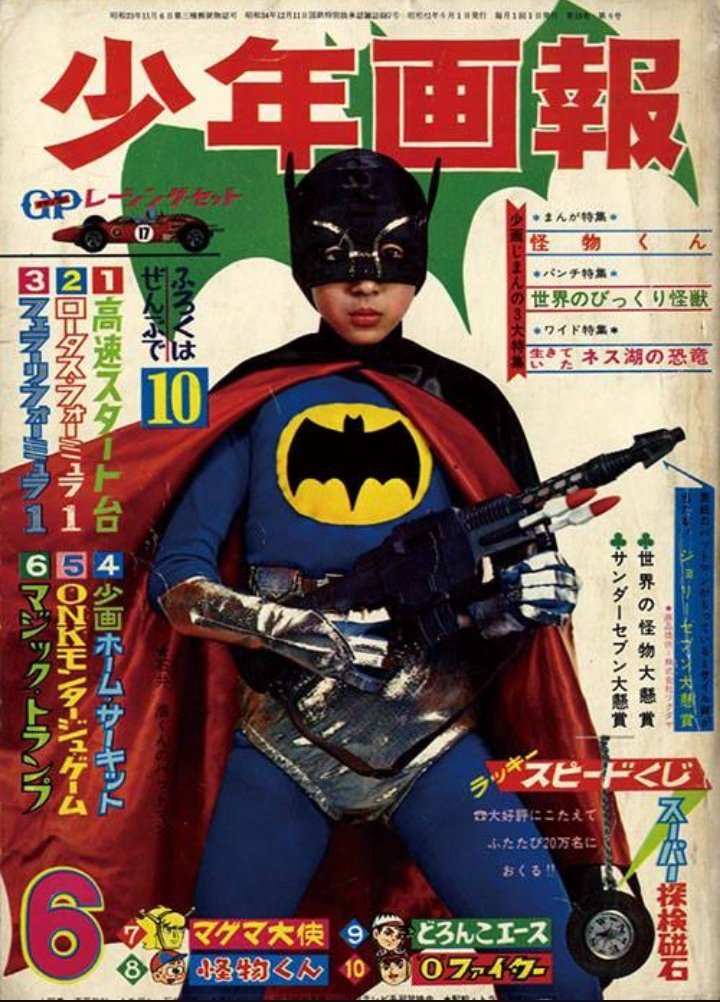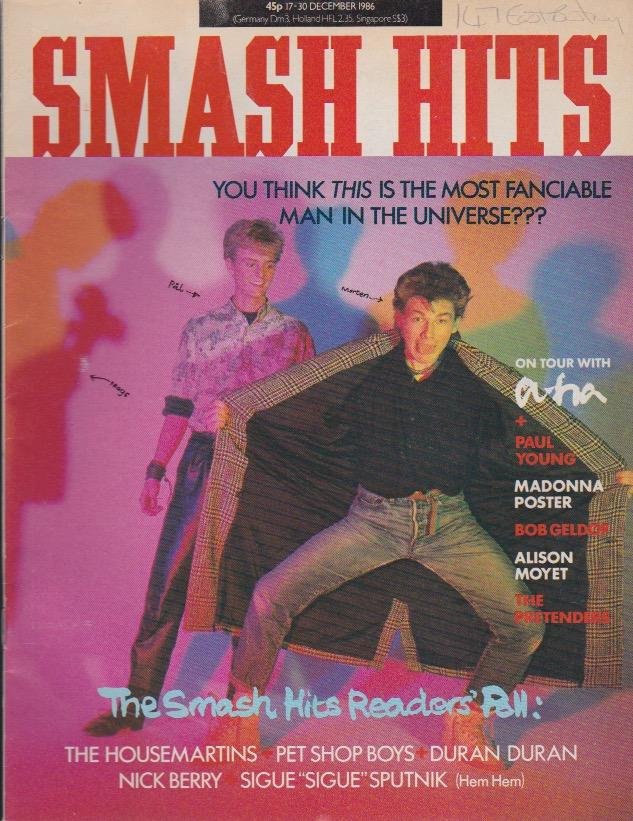
The Time Machine, Brave New World, 1984: these weren’t the first dystopian novels. There's an interesting history of Victorian and Edwardian literature looking at the impact of modernity on humans and finding it worrying.
Today in pulp I look at some early dystopian books…
Today in pulp I look at some early dystopian books…
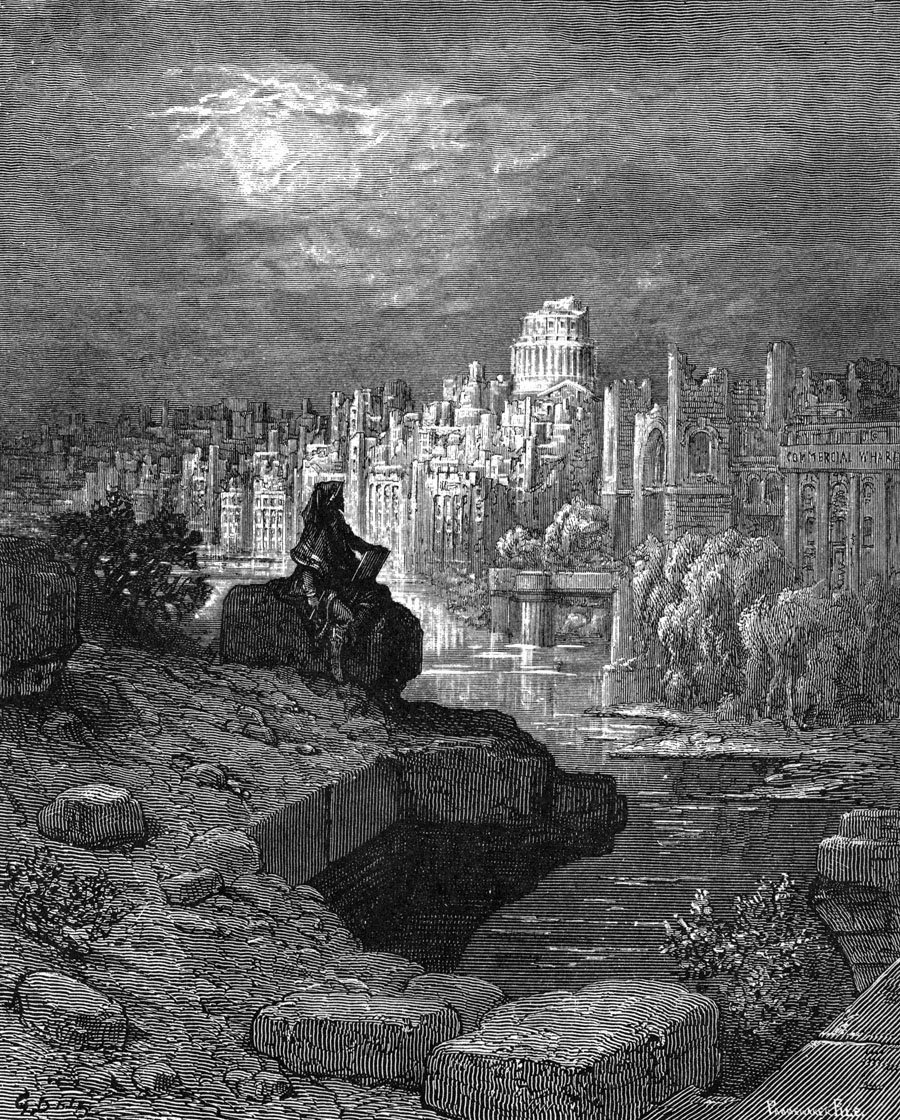
Paris in the Twentieth Century, written in 1863, was the second novel penned by Jules Verne. However his publisher Pierre-Jules Hetzel rejected it as too gloomy. The manuscript was only discovered in 1994 when Verne’s grandson hired a locksmith to break into an old family safe. 

The novel, set in 1961, warns of the dangers of a utilitarian culture. Paris has street lights, motor cars and the electric chair but no artists or writers any more. Instead industry and commerce dominate and citizens see themselves as cogs in a great economic machine. 

The novel concludes with the frustrated poet Michel, whom society has rejected, wandering through the frozen night-time streets of Paris in a state of spiritual and material homelessness before lying down to die in a cemetery. 

The Coming Race, written by Edward Bulwer-Lytton in 1870, introduced Vril – a mysterious energy source that powers the underground city that the narrator stumbles upon. Vril can heal or kill, animate matter to act as automata and provide light. Its powers take time to master. 

The subterranean inhabitants, the Vril-ya, were once surface dwellers who have evolved significantly: they have telepathic powers, can fly with artificial wings and have formidable weapons. Women are the superior sex amongst the Vril-ya, stronger and more powerful than men. 

The narrator eventually escapes and returns to the surface, warning people that the Vril-ya will invade as they run out of habitable space underground. The idea of an occult-powered subterranean super race waiting to strike captured the Victorian imagination. 

Bovril was famously named after Vril, to suggest a beef-flavoured elixir of power. More controversially it was claimed that a Vril Society was established in Weimar Berin as an occult group that influenced the Nazi party. There is little evidence that it did however. 



The Fixed Period, written in 1882, is Anthony Trollope’s only futuristic novel. Set in 1980 on the island of Britannula it deals with the theme of enforced euthanasia: citizens must die at the age of 67 to avoid suffering through infirmity and becoming a burden on the taxpayer. 

In The Fixed Period Trollope desribes a world where euthanasia is part of one’s civic duty. Citizens have a year to prepare for death at The College, and will be venerated for what they do to help the wider society. It’s similar to the ancient Greek concept of ‘living too long.' 
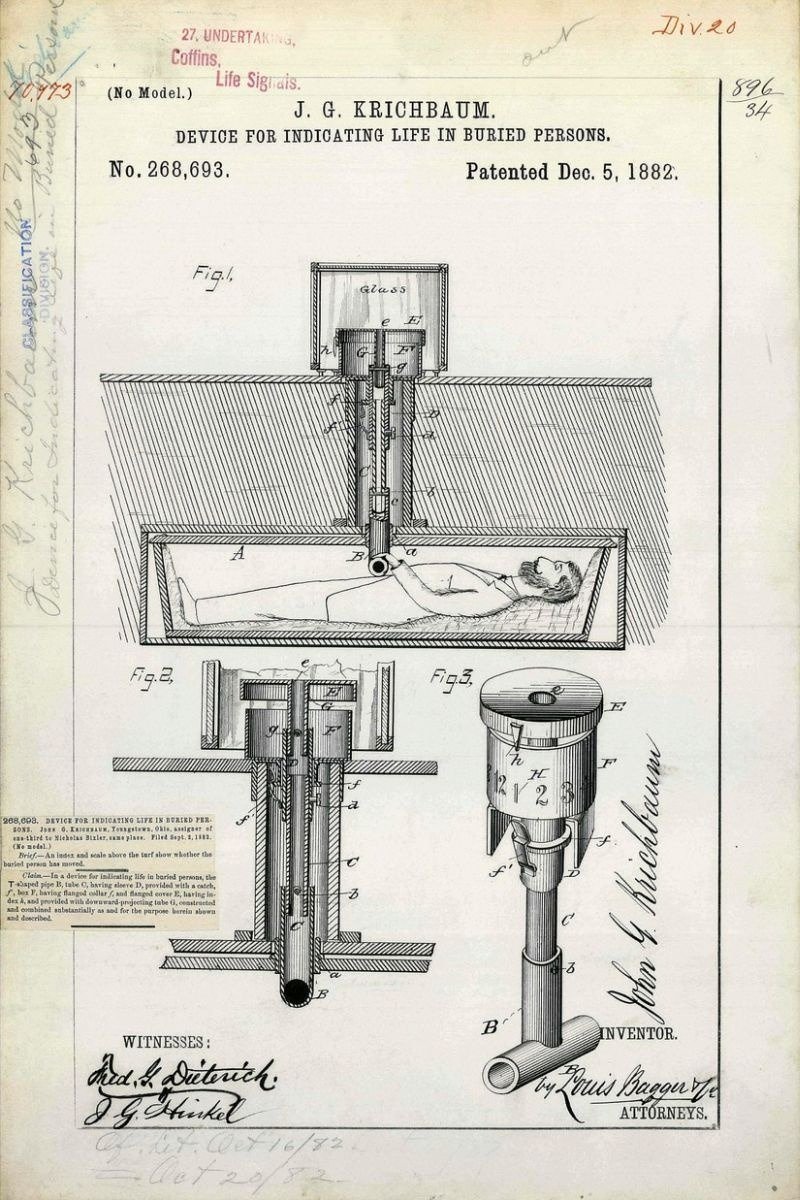
As the first citizen reaches the ‘fixed period’ the other citizens finally revolt at the idea of enforced euthanasia. In the end a British warship arrives at the island to enforce colonial rule and abolish the practice. 

Walter Besant published two dystopian novels in the 1880s, each on a different theme. The Revolt Of Man (1882) looks at a female-dominated 22nd Century following ‘The Great Transition’: religion is abolished, industry and greed tamed, environmental damage is halted. 
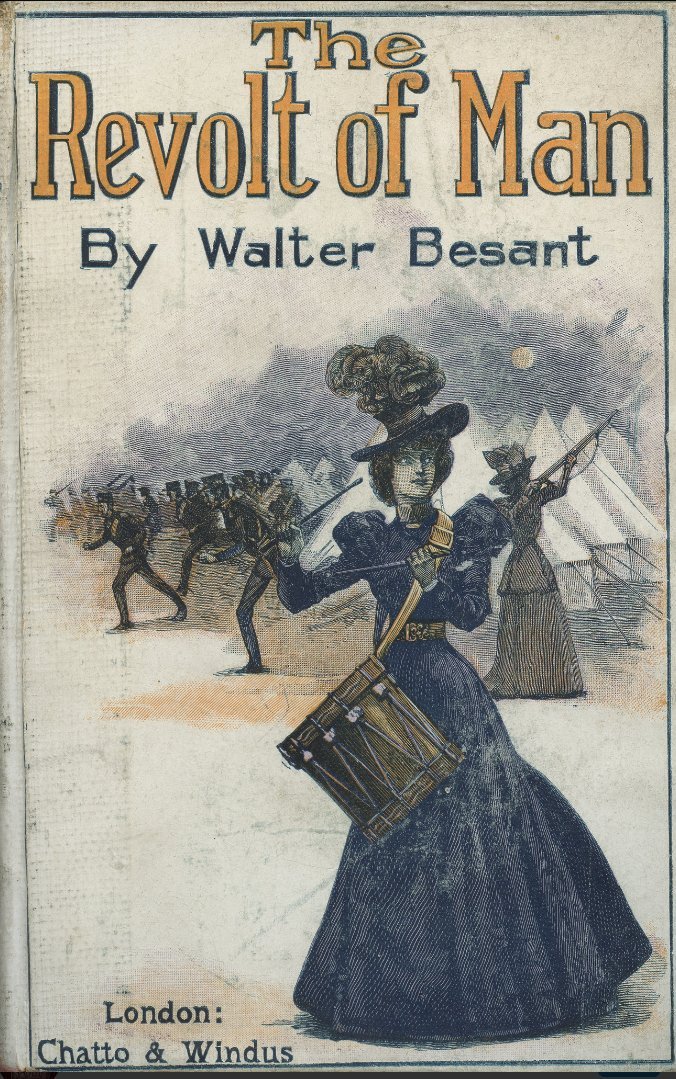
Women hold all positions of power in society and men are submissive, with no property rights or access to higher education. In essence the world is a dictatorship, where the ideal of the Perfect Woman is enforced with absolute certainty and dissent ruthlessly punished. 

At one level Besant's novel is an anti-suffragette polemic, but in parts it can be read as a critique of any culture where one gender subjugates the other. In the end society stagnates due to its rigid orthodoxy and a revolt against a single-gendered culture ensues. 

Besant's other dystopian tale is The Inner House (1888). An elixir which prevents human ageing is used by scientists to create a new society of near-immortals. The old are euthanised to prevent overpopulation; children are only born if an ‘immortal’ has accidentally been killed. 

Over several centuries the immortals become apathetic, unemotional and drab: there are no class or gender differences, property is held in common, money is unnecessary, crime has stopped because nobody now desires anything. The story is an unusual mix of socialism and eugenics. 

In the end a group of dissenters, armed with books of 'old knowledge’ break free to create a more vital and vigorous society of their own. The Inner House is sometimes seen as a precursor to Huxley’s Brave New World; both can be read as criticisms of utopian social ideas. 

Jack London’s The Iron Heel (1908) is possibly the best known of the early dystopian novels, praised by both George Orwell and Leon Trotsky. It describes the rise of ‘The Iron Heel,’ a proto-fascist dictatorship of monopoly capitalists who crush the rise of socialism in the USA. 

The ‘book’ is a manuscript by Avis Everhard, wife of an American socialist revolutionary leader in the 1920s, which is rediscovered in the 27th Century once the Iron Heel has been overthrown. Her story ends mid-sentence as she flees the Iron Heel's mercenary forces. 

The Iron Heel is strong on political repression and Marxist analysis, and in some ways accurate about how 20th Century dictatorships and civil wars would operate. However parts are plagiarised from other people’s writing and many sections read as long political lectures. 

The Machine Stops (1909) by E.M. Forster was voted one of the best short stories in science fiction. It describes a world where humans live in isolation underground in identical pods, communicating with each other through an early internet, fearful of travelling any distance. 

All the needs of the people are met by a giant machine.Over time they begin to worship it as God, forgetting it was built by people. As it slowly starts to break down the people think the malfunctions are the whims of God, until the machine collapses and destroys society. 

The Machine Stops is about the essential connection humans need with the natural world: living in beehive-like cells underground and only communicating electronically with other people, the citizens slowly lose all agency as the machine decides and then meets all their needs. 

A number of themes keep recurring in these early dystopian stories: the alienating nature of technology, the oppression of a world dedicated to commerce and wealth, the consequences of utilitarianism on the individual. These are still valid themes in literature today. 

Dystopia sells and it makes good fiction, but these stories are meant to be warnings - not promises! As long as writers can describe where we may go wrong in our search for progress then we (hopefully) can avoid these nightmares coming true.
More stories another time...
More stories another time...
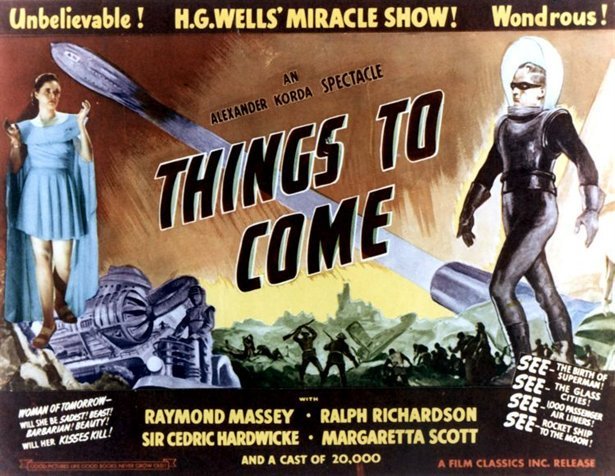
• • •
Missing some Tweet in this thread? You can try to
force a refresh







